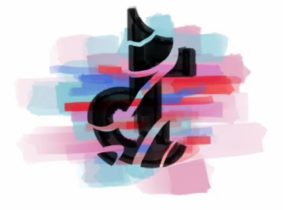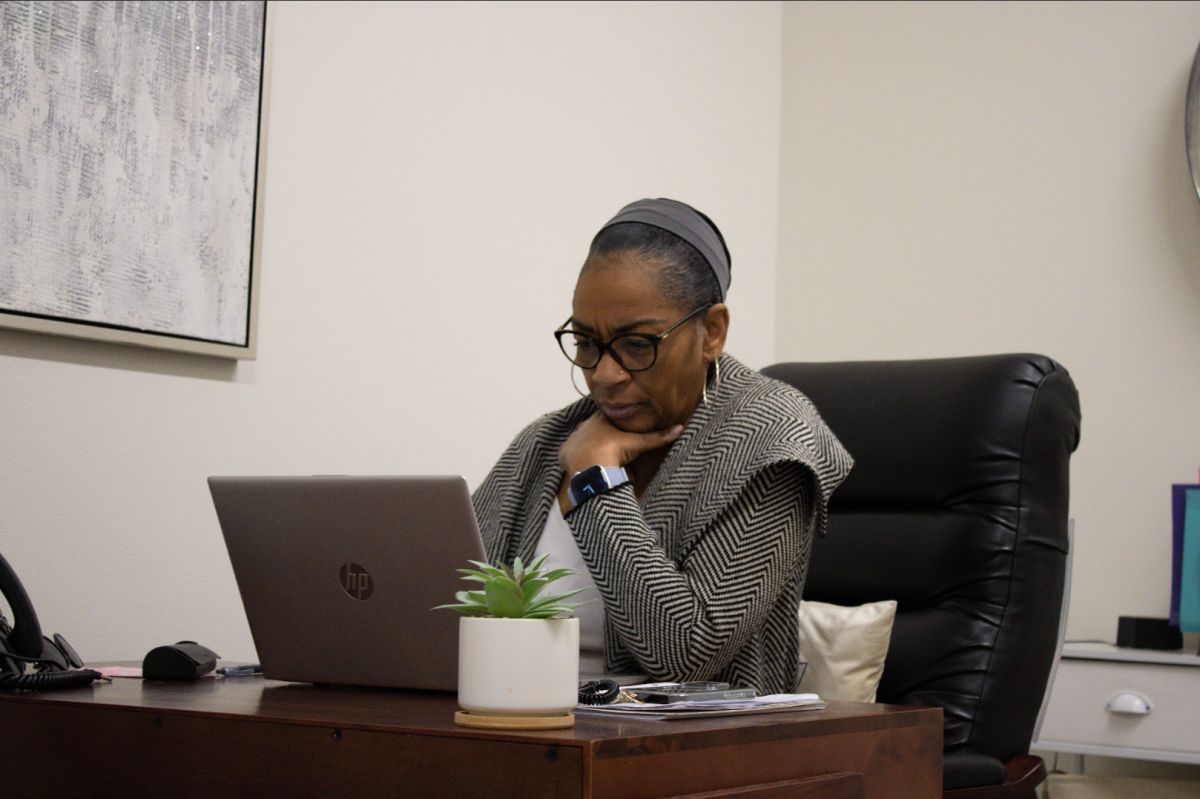A recently passed executive order extended the ban for TikTok until April 5, based on rising concerns of data privacy with users on the widely popular short-form video content app.
Under former President Joe Biden, a bill was signed on April 24, which included the Protecting Americans from Foreign Adversary Controlled Applications Act regarding TikTok. This required TikTok’s Chinese parent company, ByteDance, to quit all U.S operations or face a permanent ban on all users in the U.S within the timeframe of nine months.
According to Congress.gov, “This division prohibits distributing, maintaining, updating, or providing internet hosting services for a foreign adversary controlled application (e.g., TikTok)”.
A five hour congressional hearing that took place earlier in March 2023 brought the effects of the app to the forefront of concern in American politics. House representatives questioned TikTok’s Chief Executive Shou Zi Chew about topics concerning teen mental health, data acquisition and its ownership by China.
The ban was to be effective on Jan. 19,2025 but a few hours before it took effect, the app was shut down for users nationwide.
When users attempted to open the app, it led them to a message on the screen stating, “Sorry, TikTok isn’t available right now. A law banning TikTok has been enacted in the U.S. Unfortunately, that means you can’t use TikTok for now.” Directly below, there were two buttons that prompted the user to learn more about the
ban or to close out of the app.

Shortly after TikTok became inaccessible and was removed from Apple and Google app stores, President Donald Trump posted an executive order that would delay this ban for 75 days.
In response to the National Security Act, Trump’s order detailed his decision to not enforce it immediately to allow time to make a decision regarding the national security of the U.S while also making the least amount of impact possible with the ban because of the wide popularity of the app across the nation.
As of Feb. 14, TikTok has now returned to app stores and restored completely for the public to download. During that temporary shutdown, users turned to other social media apps to share their range of reactions.
“To me, [the ban] just felt like another day since I didn’t really use TikTok that heavily,” sophomore Kevin Salaita said. “[But] overall, I know many that had an extreme reaction where they would start crying, or even just deny that TikTok even got banned in the first place.”
Others had concern for communities that relied on TikTok for content creation or a platform to sell goods.
“Small businesses couldn’t get the business that they needed and exposure to people,” freshman Maria Dos Reis said.
Alternatively, some choose to remain optimistic amidst the differing opinions.
“If [TikTok] did end up being banned forever it should [be] taken as something [you should] go past because it’s not the end of the world,” sophomore Hana Ali said.
More information can be found online about TikTok’s next steps regarding its ban as its deadline comes to a close









